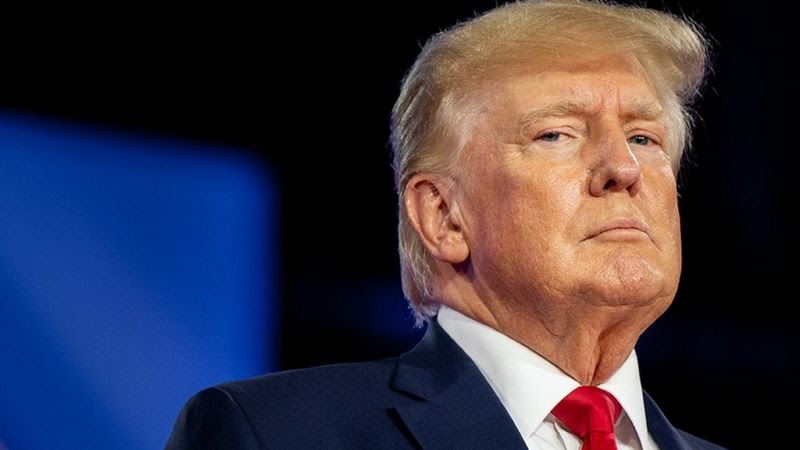The Colorado’s Supreme Court on Tuesday ruled that former United States President, Donald Trump, is ineligible to run for the White House because of his role in the 2021 assault on the Capitol by his supporters and should be removed from the state’s primary ballot.
The historic decision based on the 14th Amendment, barring Trump from the presidential primary ballot, sets up a battle before the nation’s highest court about the fate of next year’s election.
The ruling applies only to the state’s March 5 Republican primary, but its conclusion would likely also affect Trump’s status for the Nov. 5 general election. Nonpartisan U.S. election forecasters view Colorado as safely Democratic, meaning that President Joe Biden will likely carry the state regardless of Trump’s fate.
In a 4-3 ruling that will soon be appealed — and that is likely to inspire fierce criticism from Trump’s supporters and vocal applause from those who have condemned his behavior around Jan. 6 — a majority of Colorado’s seven justices wrote that the former president “engaged in insurrection.”
“President Trump’s direct and express efforts, over several months, exhorting his supporters to march to the Capitol to prevent what he falsely characterized as an alleged fraud on the people of this country were indisputably overt and voluntary,” the justices wrote.
“Moreover,” they wrote, “the evidence amply showed that President Trump undertook all these actions to aid and further a common unlawful purpose that he himself conceived and set in motion: prevent Congress from certifying the 2020 presidential election and stop the peaceful transfer of power.”
In light of this, the ruling states, “[W]e conclude that because President Trump is disqualified from holding the office of President under Section Three, it would be a wrongful act under the Election Code for the Secretary to list President Trump as a candidate on the presidential primary ballot.”
Boatright, in his dissent, wrote that the “absence of an insurrection-related conviction” against Trump should have called for the case to be dismissed.
Samour wrote that the majority’s opinion “flies in the face of the due process doctrine.”
The ruling follows a monthslong challenge in Colorado to Trump’s ballot eligibility under Section 3 of the 14th Amendment, a Civil War-era constitutional clause that deems former office-holders ineligible from running again if they took an oath to support the Constitution and then engaged in “insurrection or rebellion” against the U.S.









